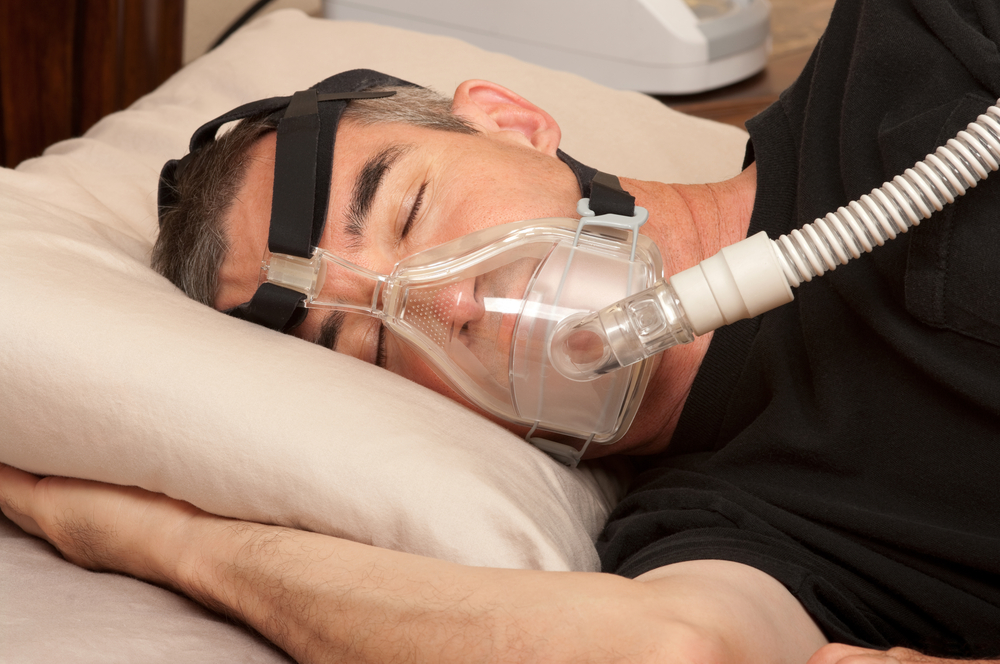Sleep Apnea, also known as Obstructive Sleep Apnea (OSA), is a condition characterized by repeated interruptions in breathing during sleep. These interruptions result in poor sleep quality, leading to several long-term complications.
Others are reading now
Sleep Apnea is a common disorder, with the risk increasing with age. According to the National Institute of Health and Medical Research (Inserm), Sleep Apnea affects 30.5% of individuals over 65 years of age. Given its multiple consequences, it’s crucial to consult a healthcare professional if symptoms of Sleep Apnea emerge.
What is Sleep Apnea?
-
Sleep Apnea, or Obstructive Sleep Apnea-Hypopnea Syndrome (OSAHS), involves breathing interruptions during sleep lasting at least 10 seconds.
-
These pauses, known as apneas, can occur hundreds of times per night, mainly due to the relaxation of throat tissues.
Also read
-
Resulting in poor sleep quality and reduced blood oxygenation, proper management and treatment of Sleep Apnea can alleviate daily symptoms and prevent long-term complications.
Symptoms of Sleep Apnea Symptoms may vary, but often include:
-
Loud snoring
-
Frequent awakenings during the night
-
Daytime sleepiness
-
Night sweats
-
Daytime irritability
-
Frequent nocturnal urination
-
Morning headaches
Long-Term Effects of Sleep Apnea Untreated Sleep Apnea can significantly impact health:
-
Leads to persistent daytime fatigue, affecting quality of life.
-
Reduced blood oxygenation can strain the heart, leading to cardiovascular issues such as hypertension or stroke.
-
Increases the risk of type 2 diabetes.
Treating Sleep Apnea
-
The most common treatment is Continuous Positive Airway Pressure (CPAP) therapy, using a mask to keep airways open.
-
For milder cases, a custom-fitted dental device may be used to ease air passage.
-
There is no medication for treating Sleep Apnea. A consultation with a sleep disorder specialist is necessary to determine the most suitable treatment.
Understanding Sleep Apnea and its potential long-term effects is essential for managing the condition and maintaining overall health. If you or someone you know exhibits symptoms of Sleep Apnea, seeking medical advice is the first step towards a better quality of life.


